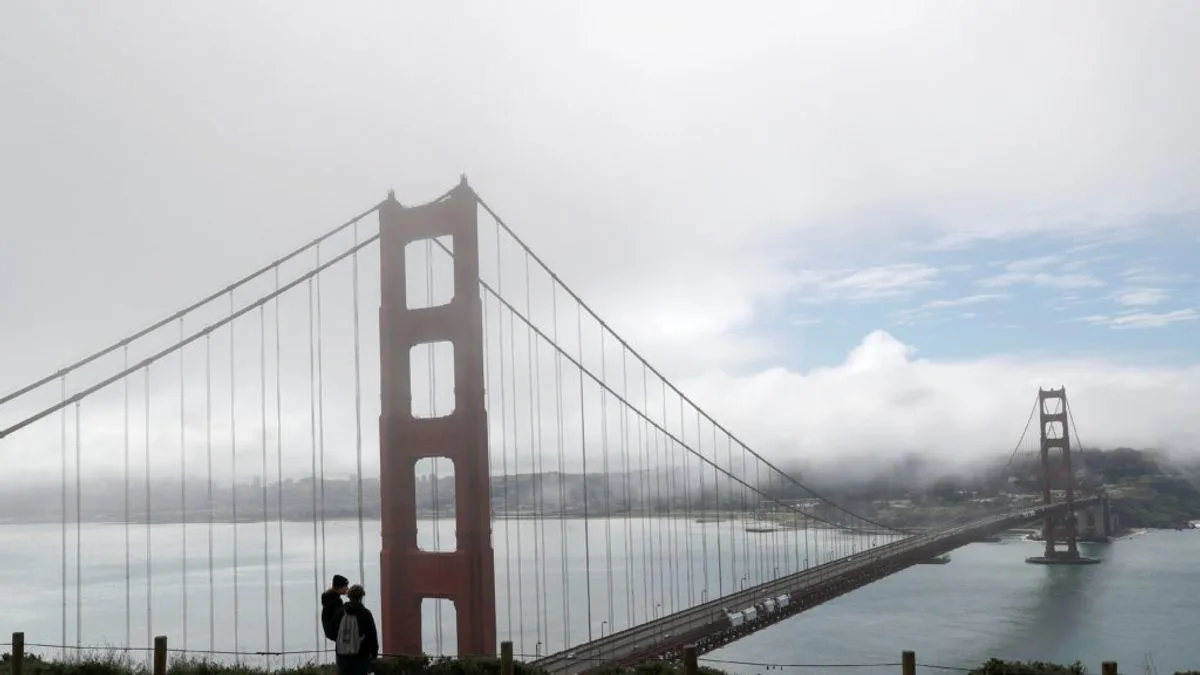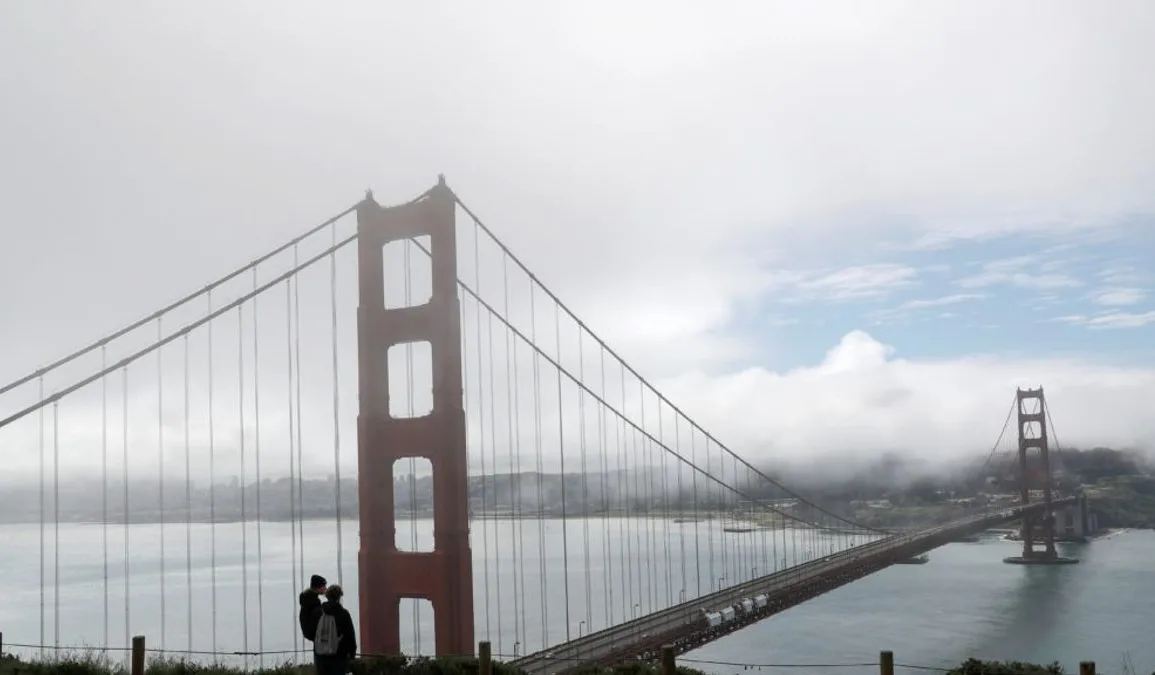
In a historic move, San Francisco’s Board of Supervisors has issued a formal apology to the Black community for decades of systemic racism and discriminatory practices, marking a significant moment in the city’s journey toward racial justice. This apology, part of a broader initiative to address and rectify the injustices faced by African Americans, sets the stage for potential reparative measures, although concrete actions like proposed reparations remain under discussion.
Historical Context and the Call for Reparations
The apology comes amidst growing recognition of the injustices that African American communities have endured due to racist policies, both in San Francisco and across the nation. The San Francisco supervisors’ resolution acknowledges the city’s role in perpetuating racism, including discriminatory housing policies, targeted acts of violence, and economic disparities. While the gesture is symbolic, it aligns with recommendations from the African American Reparations Advisory Committee, which has proposed substantial reparations, including a $5 million lump-sum payment and guaranteed income for eligible Black residents. However, these recommendations have yet to be adopted or implemented.
Reactions and Expectations
The apology has elicited mixed reactions from community members and reparations advocates. While some view it as a necessary first step towards acknowledging past wrongs, others argue that it falls short without the backing of tangible actions to address the racial wealth gap and other disparities. Mayor London Breed has expressed that reparations should be addressed at the national level, indicating a cautious approach to the committee’s proposals. The resolution itself calls for ongoing investments in Black communities and a commitment to not repeat harmful policies, setting a framework for future actions.
Looking Forward
As San Francisco navigates this complex terrain, the apology opens up a dialogue about reparations and how to best address historical injustices. The conversation is part of a larger national discourse on racial equity and reparations, highlighting the need for substantive measures to rectify past harms. While the path forward remains uncertain, the city’s formal acknowledgment of its role in systemic racism marks a pivotal step towards healing and reconciliation. The ultimate impact of this apology, and the potential for reparations, will depend on the actions that follow, as the community, policymakers, and advocates continue to push for justice and equality.


